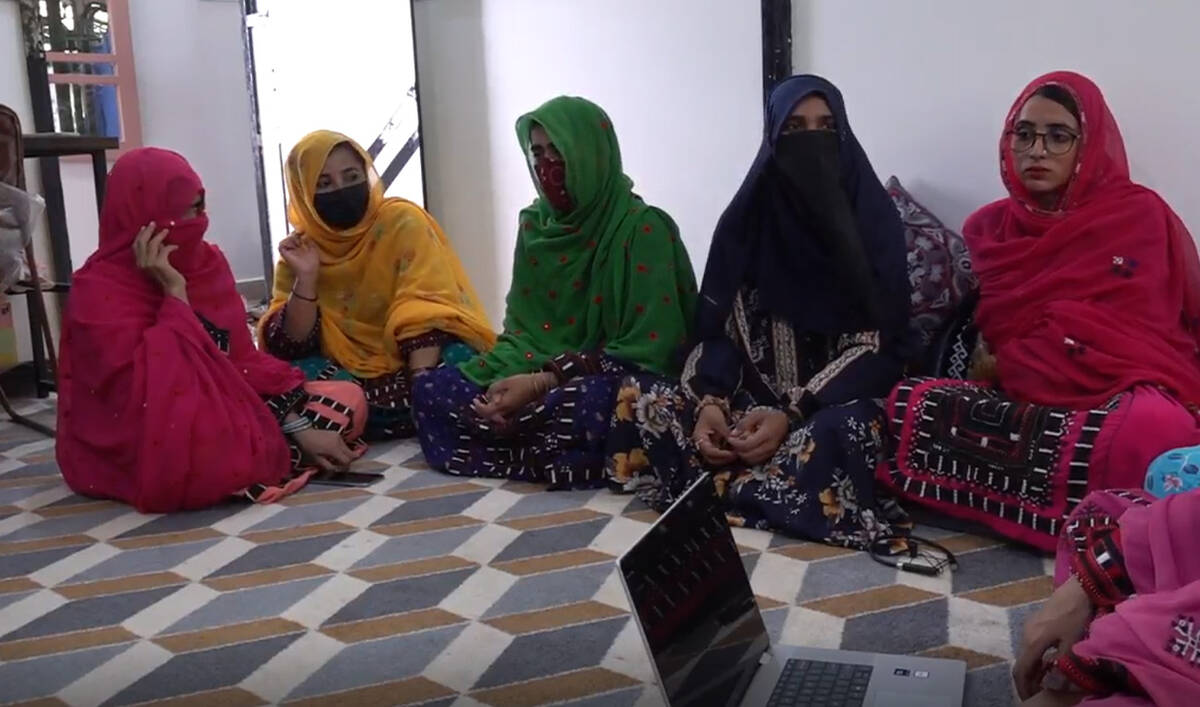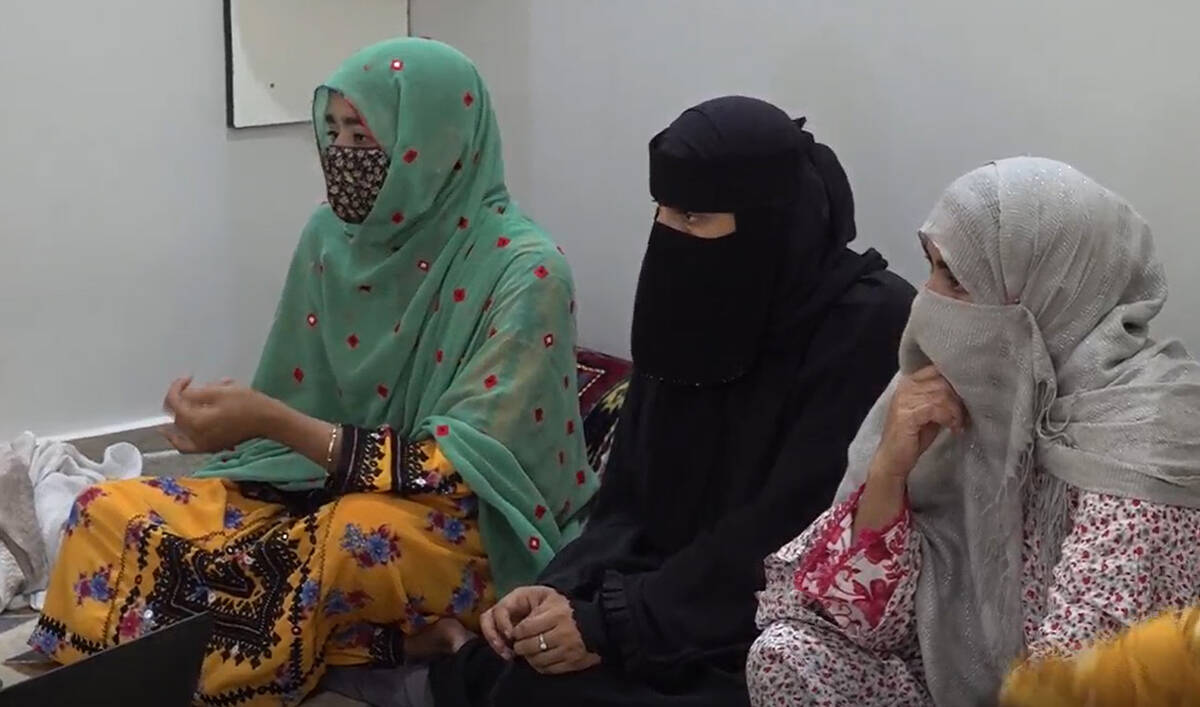KARACHI: Pakistan’s top economists criticized the new federal budget on Saturday, saying it lacked tangible poverty alleviation measures at a crucial historical juncture when the current financial situation of the country had pushed about 100 million people below the poverty line.
The government proposed a Rs14.46 trillion ($50.4 billion) budget on Friday in which it allocated nearly 50 percent for interest payments. This implied that only meager resources would now be available for other expenditures like poverty alleviation.
A leading Pakistani economist, Dr. Abdul Hafeez Pasha, said poverty had increased in Pakistan due to unemployment resulting from last year’s devastating floods and a major spike in inflation amounting to 38 percent in May.
“At this time, it is estimated that around 100 million people have gone below the poverty line,” he told Arab News. “Many of them also belong to lower middle class. Two things have primarily contributed to increased poverty and unemployment. The people were affected by the recent floods and the prices of food items increased manifold.”
Pasha said the unemployment rate had surged to 11 percent, though it was less than seven percent before the COVID-19 pandemic four years ago.
“The government measures to restrict imports and price hike have rendered 3.5 million more workers jobless,” he continued.
Pakistan’s planning minister Ahsan Iqbal and state minister for finance Dr. Aisha Ghaus Pasha did not respond to queries on poverty and unemployment numbers.
The finance minister, Ishaq Dar, announced to enhance the Benazir Income Support Program (BISP) allocation by Rs50 billion to Rs450 billion on Friday.
However, Pasha said the gap between income and poverty was somewhere around Rs1.7 trillion, and the government should have covered at least one-third of it.
“The government should have increased the BISP allocation to at least Rs635 billion and taken steps to reduce flour prices,” he said. “It has not done these two things in the budget.”
Dr. Ikram ul Haq, senior economist and taxation expert, agreed with Pasha, saying the BISP allocation was too small under the circumstances.
“The scope of targeted cash benefits should have been extended both in terms of numbers and scope, including food stamps. The fiscal policy alignments needed under the challenging times for the people below the poverty lines are missing. Taxation remains largely dependent on indirect mechanism which is also anti-poor,” he told Arab News.
Meanwhile, Dr. Abdul Jabbar, a poverty alleviation expert, said BISP was a “political tool” for distribution of cash with the intention of getting votes.
“They have increased cash incentives in BISP but that is a delusion and it will not reduce the poverty since the program has created no impact since it was launched,” he said.
“BISP is a political tool for the distribution of unconditional cash transfers,” he continued. “But in Africa, all such cash transfers are conditional which means the receivers are bound to educate children or create social impact through cash utilization in a productive manner which we have been lacking.”
Haq said no steps have been taken to increase the income of poor and vulnerable segments of the society.
“There is nothing in the budget that can be for the poor and the vulnerable segments in terms of countering inflation and creating opportuneness for raising their incomes,” said adding “It is the budget by the rich and for the rich.”
The finance minister has increased ad hoc relief allowance of government employees by 35% for grade 1-16 grades and 30% for employees falling in 17-22 grades while increased pensions by 17.5% and proposed Rs32,000 minimum wage.
“The higher echelons of the powerful civil-military bureaucracy has got raises when even the government will borrow further even to pay part of interest payment,” Haq said adding “It is classic case of debt trap.”
As far as the income is concerned, the government has not changed the rates on lower sides, according to Ali A Rahim, a renowned tax consultant.
“There are no change in income tax rates but for lower class they announced price reduction at Utility stores but no especial relief for the salaried class,” he told Arab News.
Rahim called for implementation of minimum wages in the private sector but cautioned that the current economic situation was bigger hurdle.
Majyd Aziz, former president and board member of Employers’ Federation of Pakistan (EFP), conceded that the current minimum wage which is too low was not even being implemented by 60% in formal and 90% in informal sector.
“We morally and ethically believe that the current wage is very low but still it is not being implemented across the board,” Aziz told Arab News. “government has announced in the budget to increase minimum wage which would be decided after wage boards meetings.”
However, Aziz said the due to the current economic condition the workers prefer to secure their jobs rather than demanding increments.
Pakistani consumers said they have made drastic change in spending habits after price hike of essential commodities amid administrative failure.
“I used to smoke gold leaf but when its priced doubled to Rs500 I switched over to Capstan which is available for around Rs220 but it seems that the option will be Birri or Hookah in order meet increasing kitchen expenses,” Ahmed Khan Malik, a senior researcher said.
“The ironically there is not prices mechanism in the country, multiple prices are charged for a single commodity in single market that is also fueling inflation,” he said adding no measures have been taken to address financial issues of fixed income groups.




















